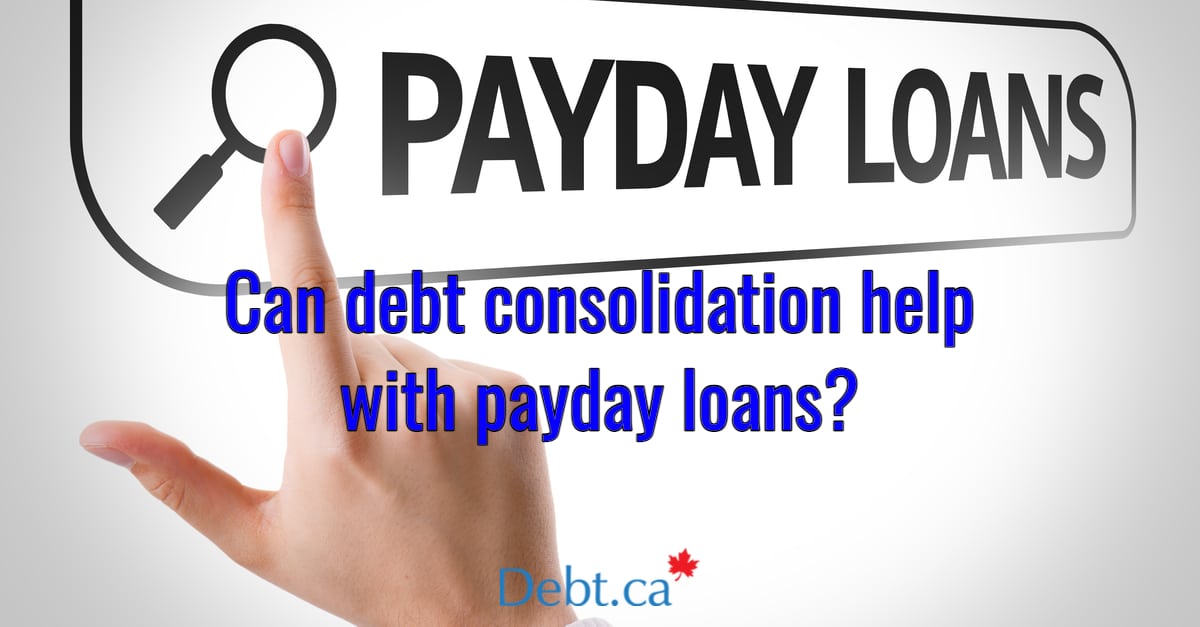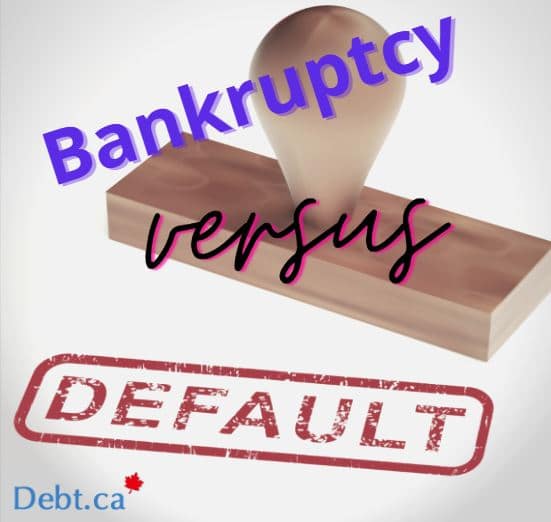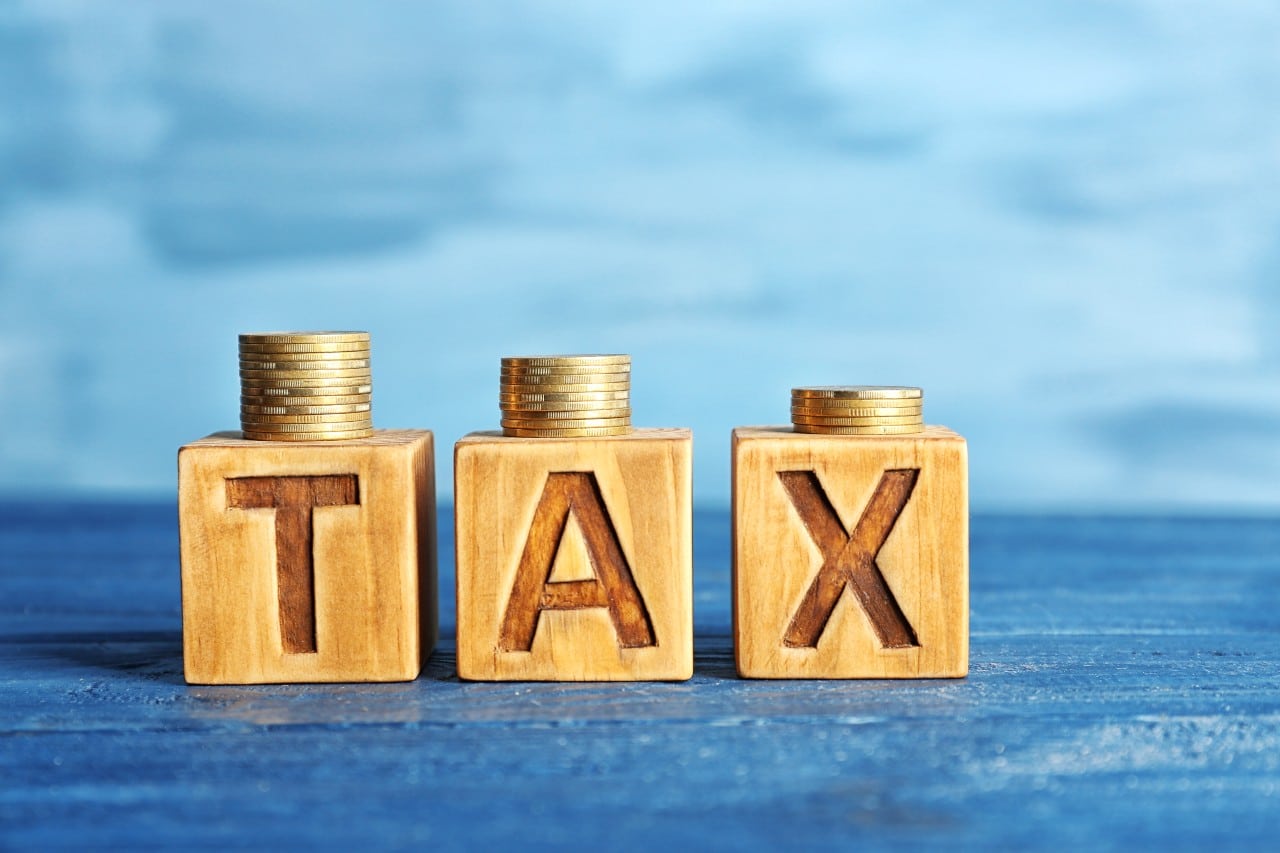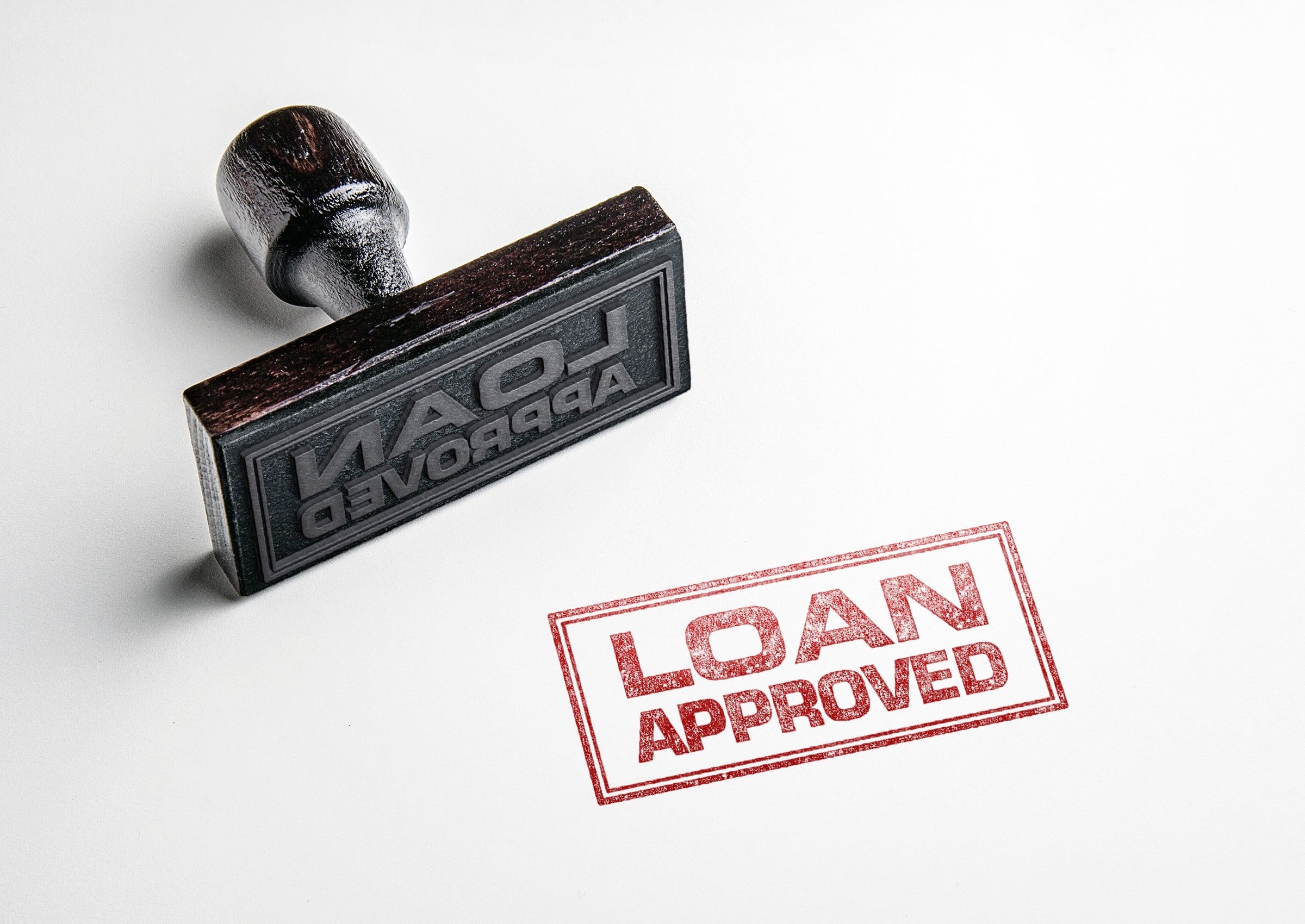If you’re looking for a loan these days, you have many options. There are thousands of banks across the country that offer lines of credit, personal loans, business loans, mortgages, and more. Credit unions also offer similar loan products as banks, with a slightly more personalized service model.
Additionally, there are private, alternative lenders that usually charge higher interest on their loan products. However, their products are great for people who might have little to no credit history or poor credit.
Finally, there are payday loans. You should avoid these loans at all costs because they cost you the most over time.
What are Payday Loans?
Payday loans are one of the most expensive ways to borrow money. Payday loans are usually short-term loans and tend to have high-interest rates and higher fees than most loan products.
Payday lenders expect you to pay back with money from your next paycheque, with the average payday loan term ranging within two weeks. If you don’t pay a payday loan on time, the payday lender will charge you more fees and interest charges. Most payday loans have repayment periods of 62 days in Canada, but the average initial loan term of a payday loan is two weeks.
Here are some ways payday loans are more expensive than other loans:
- Fees are high
- Interest rates might equal to a rate of 500-600%
- Exorbitant fees apply if your cheque bounces, or if you make your payments late
For example, let’s say you take out a payday loan of $300, with a loan period of weeks. At $17 per $100, that 300-dollar loan costs $51, with an interest rate of 442%. And, that number only increases if you are late making your loan payment.
Many payday loans increase in principal, making it difficult to pay off your debt. In fact, most payday borrowers spend 5 months out of the year in debt.
Though many people use payday loans for temporary cash shortages, most financial experts advise against it. No matter your financial situation, there are usually other debt relief options that are less costly than payday loans.
Despite the Canadian government capping the interest charges on payday loans, payday loans still remain one of the most expensive ways to borrow money.
What is a Debt Consolidation Loan?
A debt consolidation loan is a personal loan taken out specifically to pay off other debts. Through debt consolidation, you can combine, or consolidate, multiple debts into one large debt. Debt consolidation loans allow you to pay all of your debts with one single loan payment each month, usually at a lower interest rate.
To obtain an unsecured debt consolidation loan, you usually need a strong credit score. If you have a lower credit score, you might have an easier time obtaining a secured debt consolidation loan, which is secured by collateral.
Although debt consolidation loans might hurt your credit in the beginning, they might help your credit in the long run, since they help you pay off your debts.
Can You Use Debt Consolidation to Pay Off Payday Loans?
Yes, you can use debt consolidation to pay off payday loans. Debt consolidation loans don’t usually make sense for secured debt such as mortgages or car loans. Secured debts usually have lower interest rates than unsecured debts. So, it’s more cost-efficient to pay secured debt off on its own than to take out an unsecured loan (debt consolidation loan) to pay them off.
On the other hand, debt consolidation loans are popular choices for paying off unsecured debts. Many people use debt consolidation loans to pay off payday loans, student loans, and credit card debt.
If you took out a few payday loans but you have decent credit, a debt consolidation loan is a good way to pay off your payday loans. Good credit is key for a debt consolidation loan because it allows you to secure a good interest rate.
If you have bad credit, you might not secure a low enough interest rate on a debt consolidation loan.
Other Options to Pay Off Payday Loans
If you do not have good credit and you’re in payday loan debt, there are other options.
Debt Management Program
Debt management programs don’t require good credit. Instead, the main criterion for a debt management program is a regular income for monthly payments.
A credit counselling agency helps you figure out a realistic monthly payment amount for your debts that you can afford. Then, they negotiate with your creditors to reduce interest as necessary.
Debt management programs still affect your credit score and remain on your credit report for two years. However, they can help you get out of payday loan debt if you can’t qualify for a debt consolidation loan.
Debt Settlement
Debt settlement is similar to debt management programs in the way that a third party negotiates with your creditors to lower your debt amount. Instead of creating a monthly payment plan for the entire debt, however, debt settlement entails a reduction in your principal. The reduction in your loan amount to pay is anywhere from 20-80%. The reduction depends on various factors, such as your credit score, income, debts, and more.
Debt settlement usually remains on your credit report for at least 6 years, so you should think carefully before deciding it’s the right option for you.
Finally, it’s important to note that debt settlement companies have better relationships with creditors than you do. That’s why they’re more likely to secure a more competitive settlement amount than you would if you were to negotiate on your own
Conclusion
Can debt consolidation help with payday loans? Payday loans are expensive and sometimes dangerous if you get caught in their spiral. You should always consider other debt relief options before you take out a payday loan.
If you took out a payday loan(s) and are having trouble paying the debt, consider a debt consolidation loan, debt management program, or debt settlement.
Contact a credit counsellor today if you’re struggling to pay off payday loan debt.









